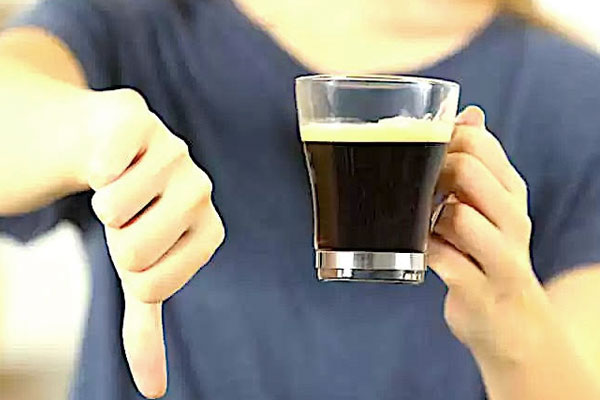CAN BEING ALIVE? –
June 2, 2024 – My caffeine-fuelled prickly sweats are noticeably gone. I hate to come over all Mark Zuckerberg so early on in proceedings (although I am available to battle Elon Musk, should anybody call on my services), but I don’t drink caffeine.
In fact, I haven’t really drunk caffeine since I got pregnant… Many people – particularly women – I know are venturing into sobriety, but I’m not sure that I’ve seen the same swing towards caffeine-free living. To give up alcohol in this beer-soaked, prosecco-popping, pub-oriented culture is doubtless a radical act and one that seems to bring people enormous personal inspiration. But to eschew caffeine still seems, well, just weird. It’s the preserve of narcissistic, Atomic Habits-touting billionaires such as Zuckerberg; spaghetti-limbed models such as Julia Fox and Gisele Bündchen; or hand-crocheting health food shop assistants who talk earnestly and loudly about the power of ginkgo biloba and gong baths. To turn down everything from a frothy coffee in a cafe to the stewed urn tea of a school fete makes you at best a novelty and at worst a pain in the neck.
Caffeine has undergone a fairly public and gentrified renaissance in British culture this millennium. From high-street lattes to nerve-jangling espressos, staffroom Nespressos to cold-brewed concoctions, the UK middle class have become obsessed with coffee in a way that would have made my Kenco-swilling grandparents’ eyes roll out of their heads. Similarly, we are drinking caffeinated, carbonated, canned drinks at an extraordinary rate. According to Statista, in 2023, “regular Coca-Cola had the largest sales among soft drinks sold in convenience stores in the UK with a value of £780m”. That’s a lot of jitter-making fizz pouring into a lot of mouths.



